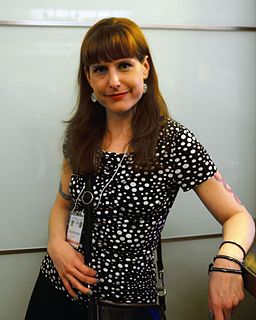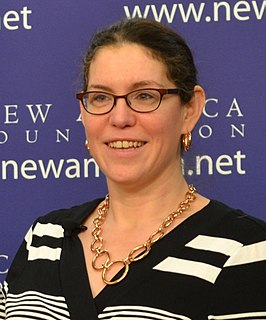A Quote by Khoi Vinh
I think there’s a really selfish part of me that wishes I had the tools that I had today in the context of a designer practicing in the middle part of the 20th century when creating a single expression of an idea was the norm.
Related Quotes
In the 20th century, we had a century where at the beginning of the century, most of the world was agricultural and industry was very primitive. At the end of that century, we had men in orbit, we had been to the moon, we had people with cell phones and colour televisions and the Internet and amazing medical technology of all kinds.
It's really the story of a young woman, or two women, growing up in Naples in a poor neighborhood. The way that they get out of it - or don't get out of it - that's part of it. But it's also the story of the mid-20th century in Italy so it's really like a social, historical and personal novel. I think that even though I didn't live in Italy in those years, it did cover that same type of generational upbringing that someone like me might've had in America.
I think the way design was practiced for most of the 20th century was very declarative. A designer came up with a solution for a project and put it in place and shipped the solution and it landed in a reader or a customer's hands as a brochure. They would see it as a poster, or as a piece of signage. And that was sort of it. That was the end of it. I think Internet technology has really upended that whole equation because in some ways a designer's work is never really done online.
I was really interested in 20th century communalism and alternative communities, the boom of communes in the 60s and 70s. That led me back to the 19th century. I was shocked to find what I would describe as far more utopian ideas in the 19th century than in the 20th century. Not only were the ideas so extreme, but surprising people were adopting them.


































